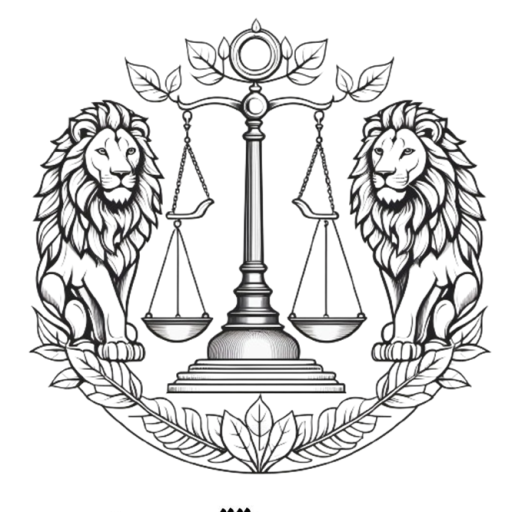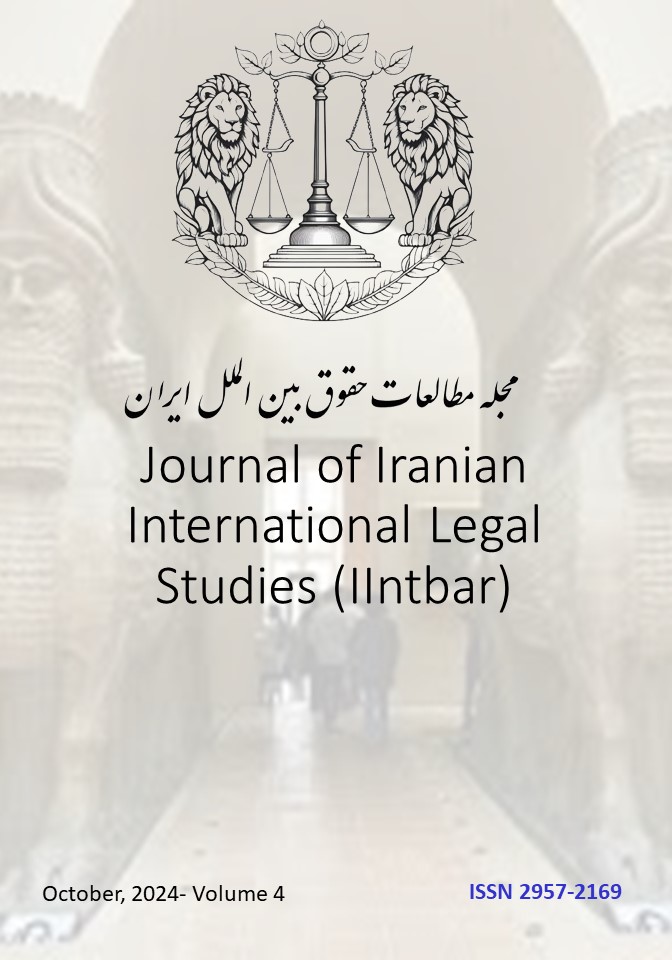Nasim Amiri Ghadi 1, Amirali R. Davoudpour 2
- Faculty of Anthropology and Cultural Studies, Adam Mickiewicz University in Poznan-Poland
- Iranian Canon of Medicine and Law, Administrative Wing of Law and Healing Association, Iranian Watchdog of Medicine and Law, Tehran-Iran
Email of the corresponding author: davoudpour@canmedlaw.org
Accepted and published September, 2024, DOI: https://doi.org/10.5281/zenodo.13753260
This article is published under CC BY 4.0 creative common license that Allows others to distribute, remix, adapt, and build upon the work, even commercially, as long as they credit the original creator.
Abstract
Electoral engineering refers to a range of tactics employed by political actors to manipulate election outcomes, undermining the principles of democratic governance. By distorting voter behavior through various means, such as ethnic voting, vote buying, religious influences, and partisan loyalty, electoral engineering poses significant challenges to the legitimacy of elections. This paper offers a comprehensive theoretical review of electoral engineering and its impact on democratic processes. The study identifies and analyzes four main types of non-democratic voting practices and provides a framework for understanding their effects on democracy.
Keywords: Electoral engineering, Politics

